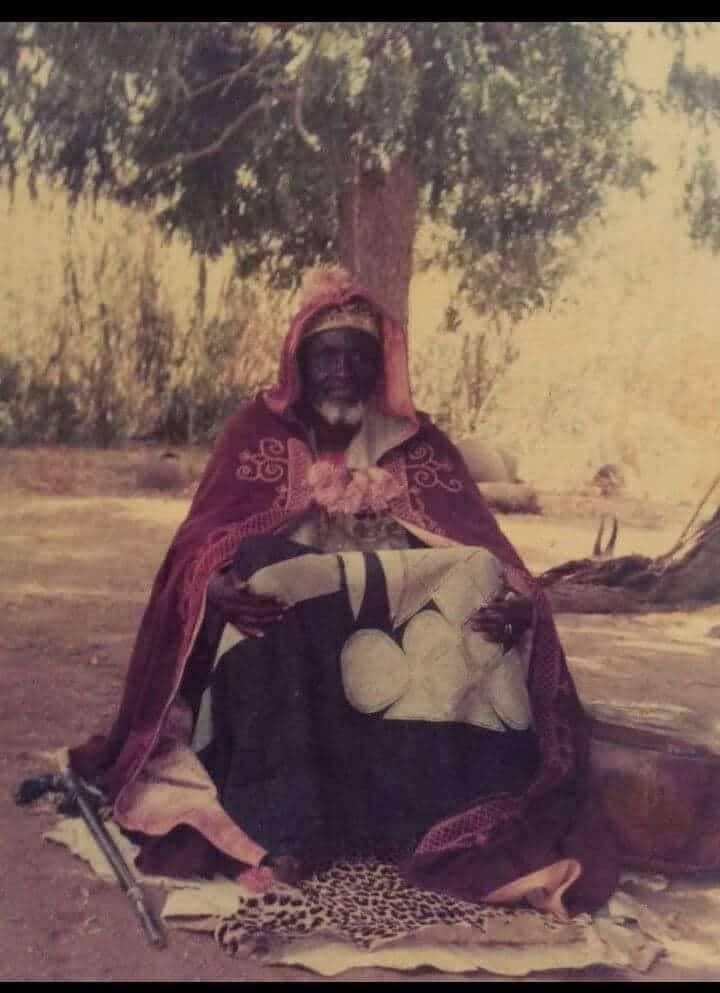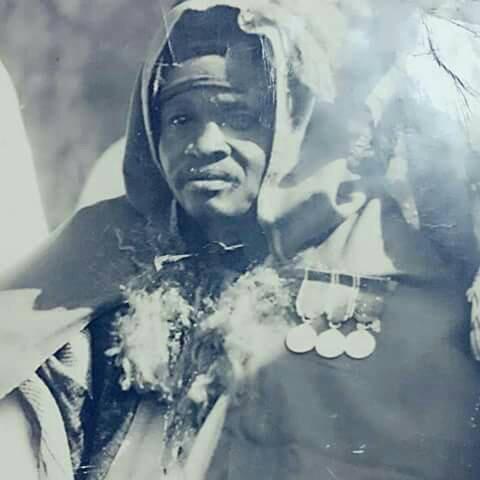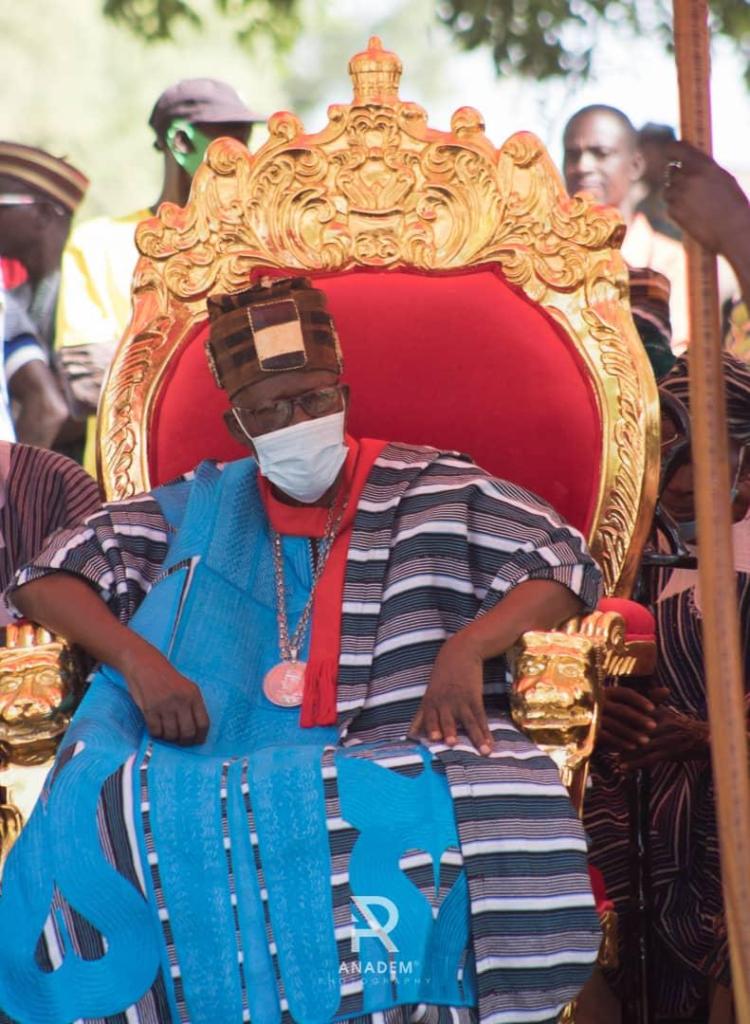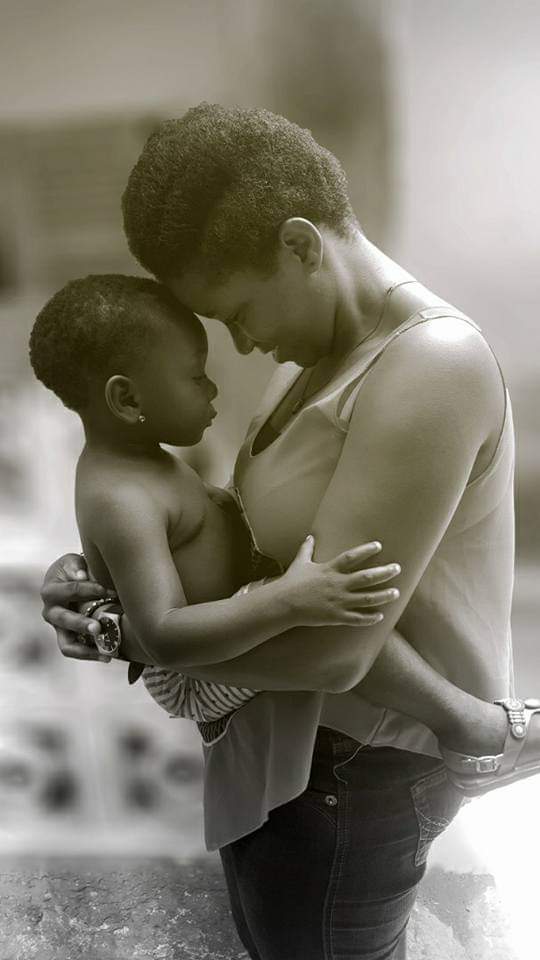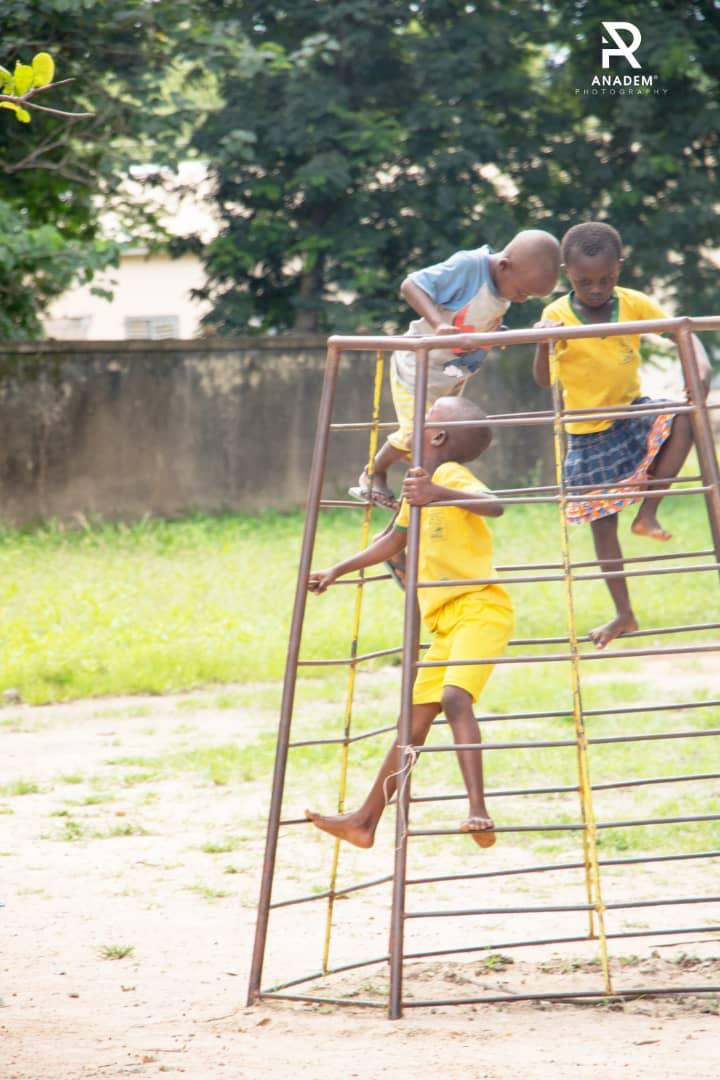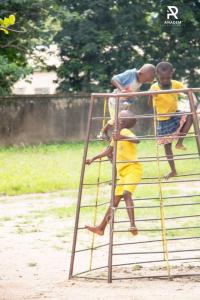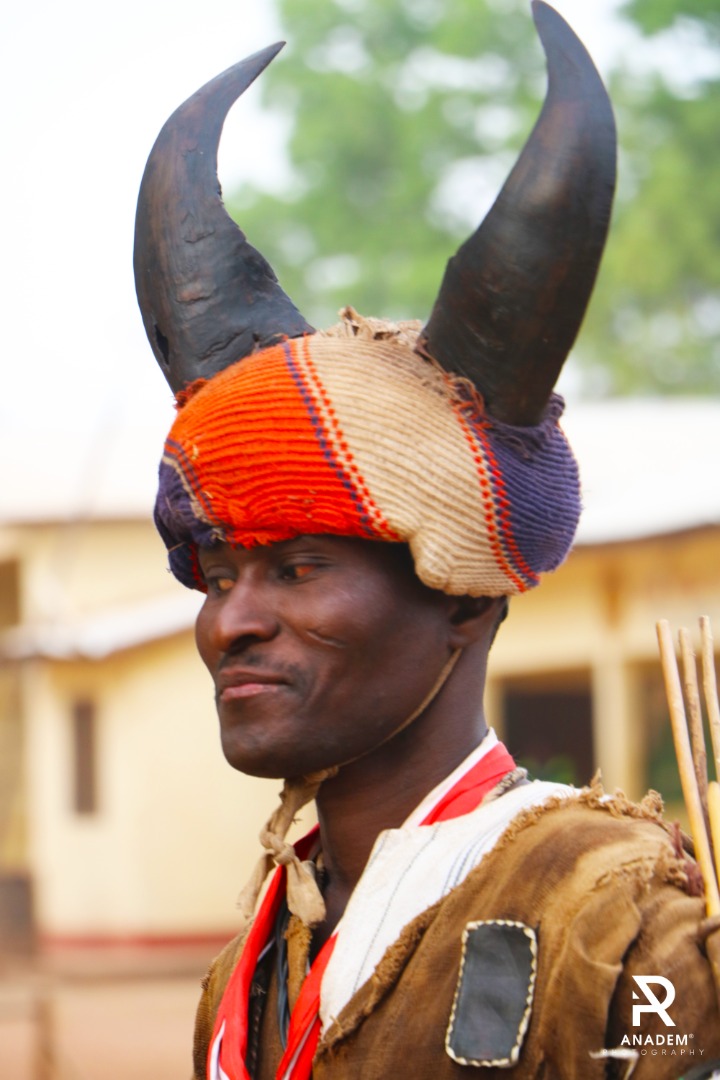I was busy still trying to find my feet and he was in my shoes. Always ready to support. He never said ‘ I love you’ He showed it in so many ways that I only got to know when he left. No individual has had an influence over my life than this man. Nobody has ever supported my dreams even when it didn’t make sense (footballer and photography). Nobody has ever taught me so much in a short while to be prayerful, to be humble, to be content, to work hard and to live within one’s means. Ideals that has never departed from us (the family). He spent his whole life sacrificing for the family and everyone around him. Telling us to be proud of who we are and where we come from, teaching us to block out distractions. And focus on what makes us happy. Giving us a chance to make something of ourselves.
Major (RTD)Edward William Gariba Anadem, I affectionately called him Major was born to Master Anadem Awudu Atugurik a veteran soldier who was handpicked from Kori- kanaansa( Achengbe Yeri) a suburb of Sandema to fight in 2nd World War in Burma and Madam Asuembiik Akpiaak of Siniensi- kaasa also in Sandema on Thursday 15th July 1954. He happened to be the ninth (9th) and only surviving male child out of the ten (10) successful births of the mother. He attended Afoko Primary school, and moved to Ayieta Middle School.
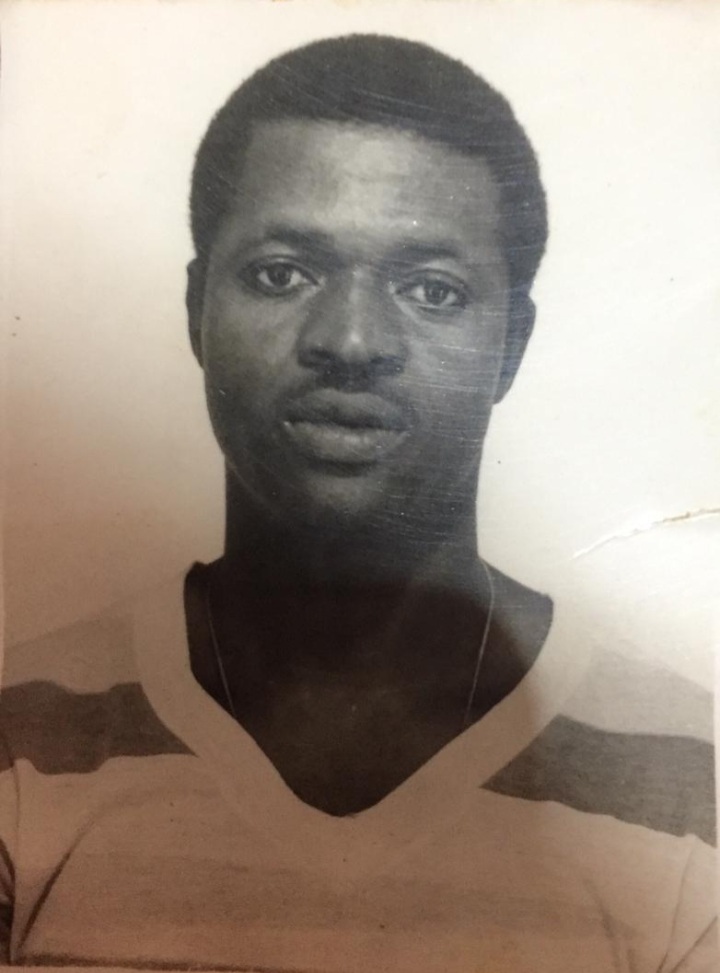
On completion of his elementary education from Ayieta Middle School, he traveled to stay with his uncle, who was an Army Officer at MAT’S Teshie in Accra. There he was running errands and doing other causal works for some army officers. As a results, he developed interest in the service and applied into the force in November 1979. While there, he registered privately and wrote his “O and A” level examination and passed successfully. After a decade he was enlisted at Ghana Military Academy (GMA) and became an Officer. The first from all the community that make up Sandema. Intake 29 of Ghana Military Academy GMA.
Sometimes it feels there are so much bad in the world that we forget to celebrate the good and the good time. Everyone please, love your parents no matter what, where and who they are. Share moments and build bonds. Travel with them, sit and chat with them.
There is no better time to do that than today and everyday. Because you will never recover from the heartbreak when they are gone.
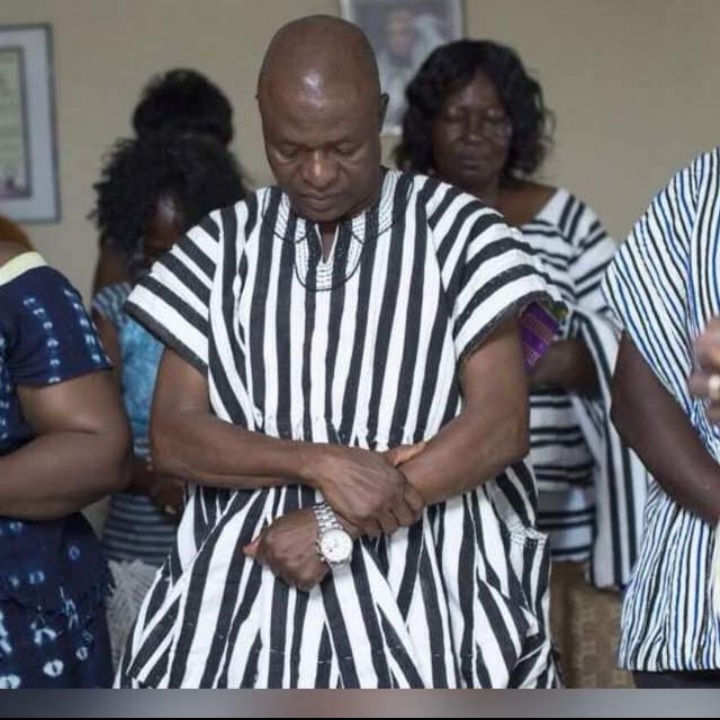
Major (RTD) Teddy William Gariba Anadem you deserve to be celebrated, you are the best dad and friend, I could never get. Thanks for the love and support.
Major lives in everyone he touched with his life. God bless you and God got us. Happy birthday dad, Rest in peace. Love you forever
